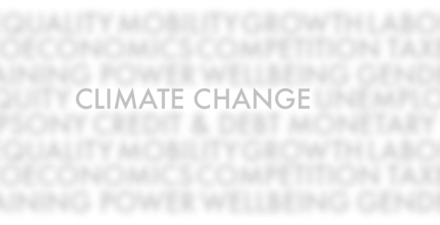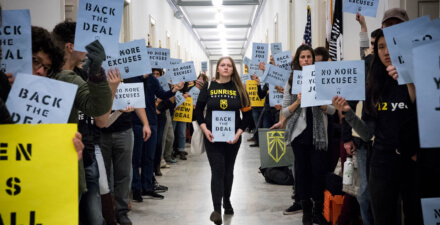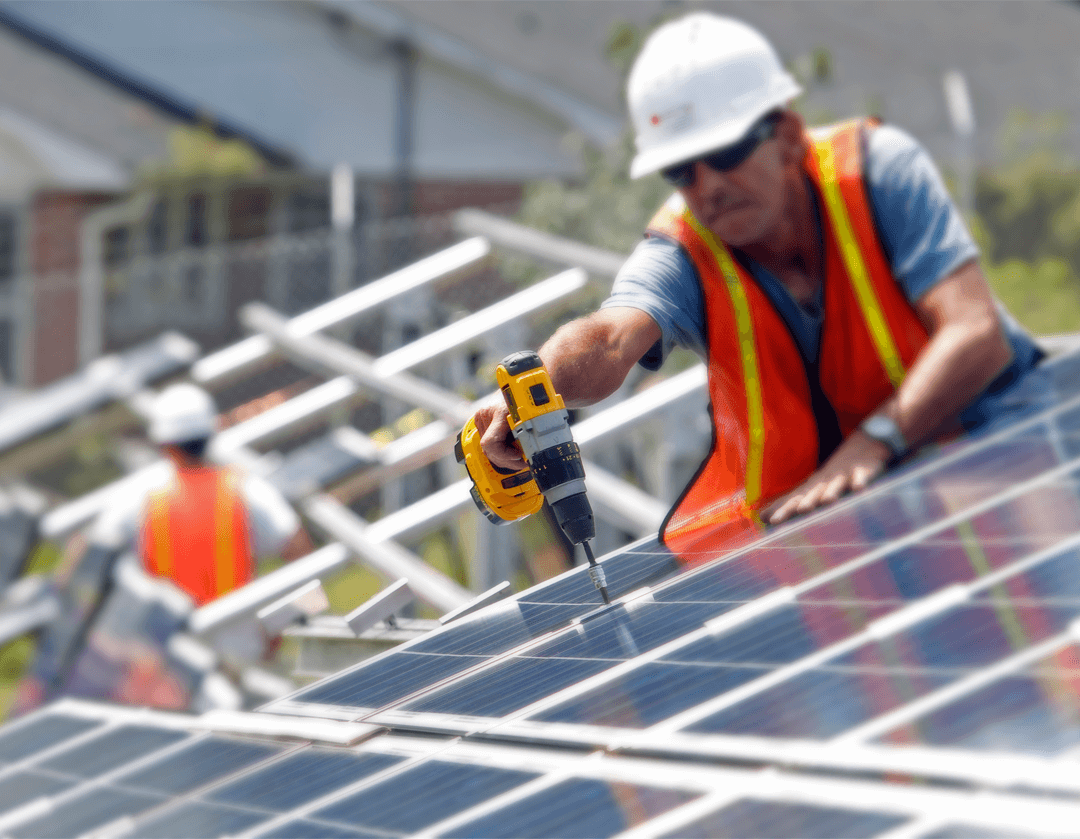Expert Focus: Understanding the economic impacts of climate change

Equitable Growth is committed to building a community of scholars working to understand how inequality affects broadly shared growth and stability. To that end, we have created the monthly series, “Expert Focus.” This series highlights scholars in the Equitable Growth network and beyond who are at the frontier of social science research. We encourage you to learn more about both the researchers featured below and our broader network of experts. If you are looking for support to investigate the intersection of climate change and economic inequality and growth, please see our current Request for Proposals.
Climate change is a crisis that reinforces and exacerbates existing U.S. economic inequalities, placing a disproportionate burden on those people who have minimal safety net protections and are already more vulnerable to health-related risks, financial shocks, and climate-related hazards. Understanding the full economic, social, and environmental benefits and costs of addressing the consequences and risks of climate change is critical to understanding what makes the economy grow sustainably and equitably. This installment of “Expert Focus” highlights the research of scholars who are taking into full account the effects of climate change and related policies across communities, income and wealth distributions, firms and workers, and the macroeconomy.
Stephie Fried
Arizona State University
Stephie Fried is an assistant professor at Arizona State University’s W.P. Casey School of Business and a senior economist at the Federal Reserve Bank of San Francisco. Her research focuses on the macroeconomic implications of environmental economics. Recent work, including this working paper published in the American Economic Journal, studies the effect of a carbon tax on the macroeconomy, its relationship to innovation, and its impact on current and future generations. Her forthcoming research, with Gregory Casey and Matthew Gibson of Williams College, will examine the effects of climate change on different sectors of the economy and the consequences for economic growth.
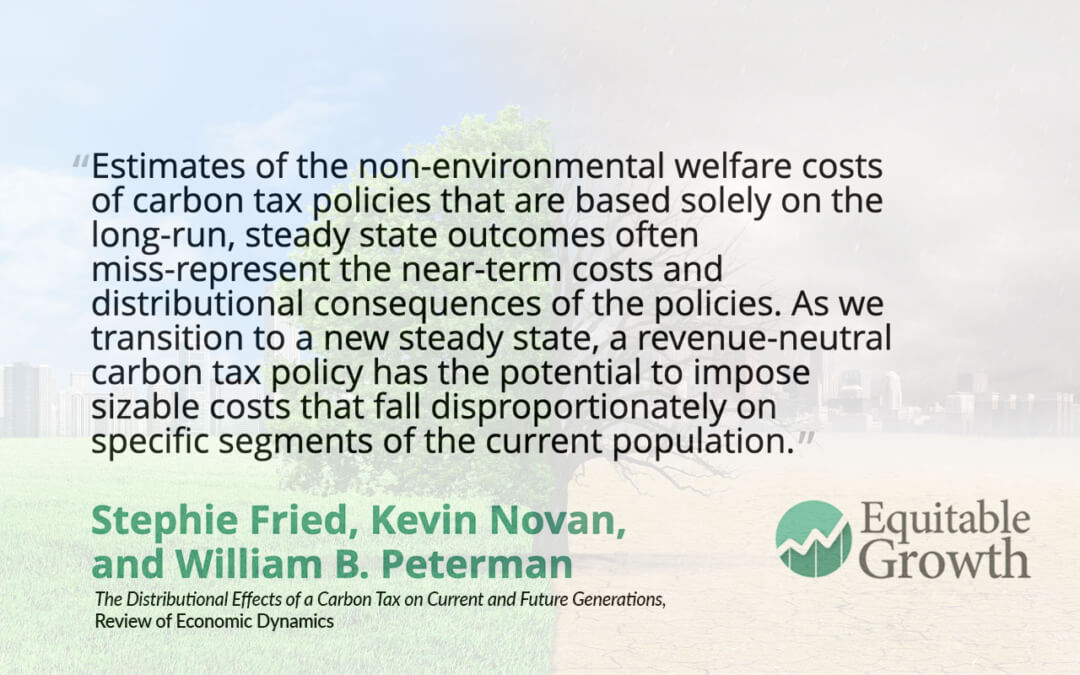
Solomon Hsiang
University of California, Berkeley
Solomon Hsiang is the Chancellor’s professor of public policy at the University of California, Berkeley, where he directs the Climate Impact Lab, which analyzes historical socioeconomic and climate data to estimate the relationship between a changing climate and human well-being. Hsiang’s recent research includes understanding the distributional effects of environmental damages for welfare analysis and policy design, published in the Review of Environmental Economics and Policy with Paulina Oliva at the University of Southern California and Reed Walker at UC Berkeley. He has testified before the U.S. Congress on the economic costs of climate change and has written about the importance of economics to climate change science.
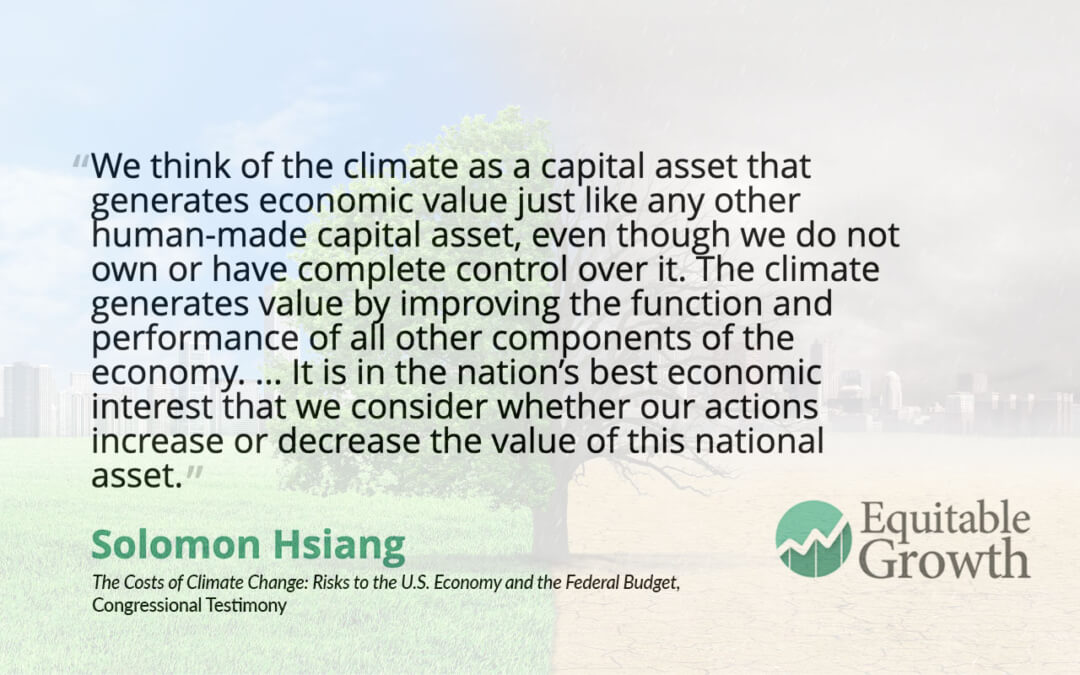
Leah Stokes
University of California, Santa Barbara
Leah Stokes is an assistant professor of political science and affiliated with the Bren School of Environmental Science & Management and the Environmental Studies Department at the University of California, Santa Barbara. Her research interests include both energy and environmental politics, with particular focus on climate change, renewable energy, water, and chemicals policy. Stokes co-authored “A plan for equitable climate policy in the United States,” with Matto Mildenberger, assistant professor of political science at the University of California, Santa Barbara, as part of Equitable Growth’s Vision 2020 policy essay series. Her recent book, Short Circuiting Policy, examines the role that utilities have played in promoting climate denial and rolling back clean energy laws.
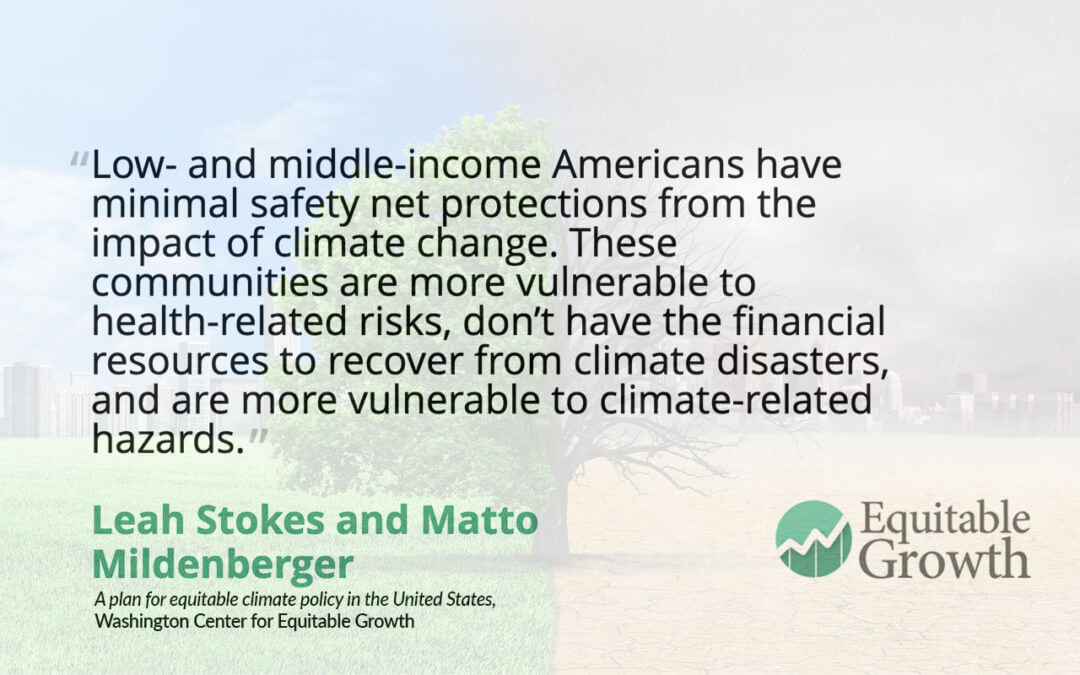
R. Jisung Park
University of California, Los Angeles
R. Jisung Park is an assistant professor in the Department of Public Policy at the University of California, Los Angeles Luskin School of Public Affairs. An environmental and labor economist, Park’s research interests include the consequences of climate change for economic inequality and mobility for vulnerable populations. He was recently awarded an Equitable Growth grant to explore the disparate impacts of extreme temperatures due to climate change on workers, and the implications for workplace safety and labor policy.
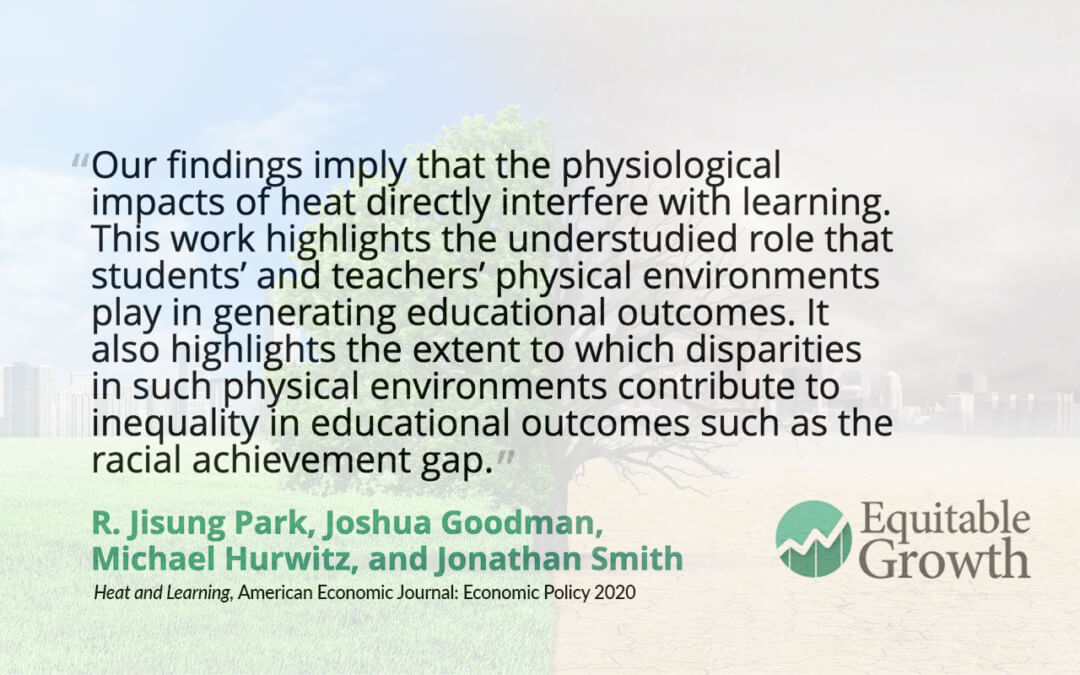
Randall Walsh
University of Pittsburgh
Randall Walsh is a professor and director of the Master of Science in quantitative economics program at the University of Pittsburgh. Walsh is also a research associate affiliated with the Environment and Energy Economics program and the Determinants of the American Economy group within the National Bureau of Economic Research. His research focuses on economic history and urban and environmental economics. Along with Spencer Banzhaf of Georgia State University, Walsh was recently awarded an Equitable Growth grant to utilize never-before-used historical data to investigate the relationships among race/ethnicity, income, pollution, and human capital in Pittsburgh from 1910 to 2010.
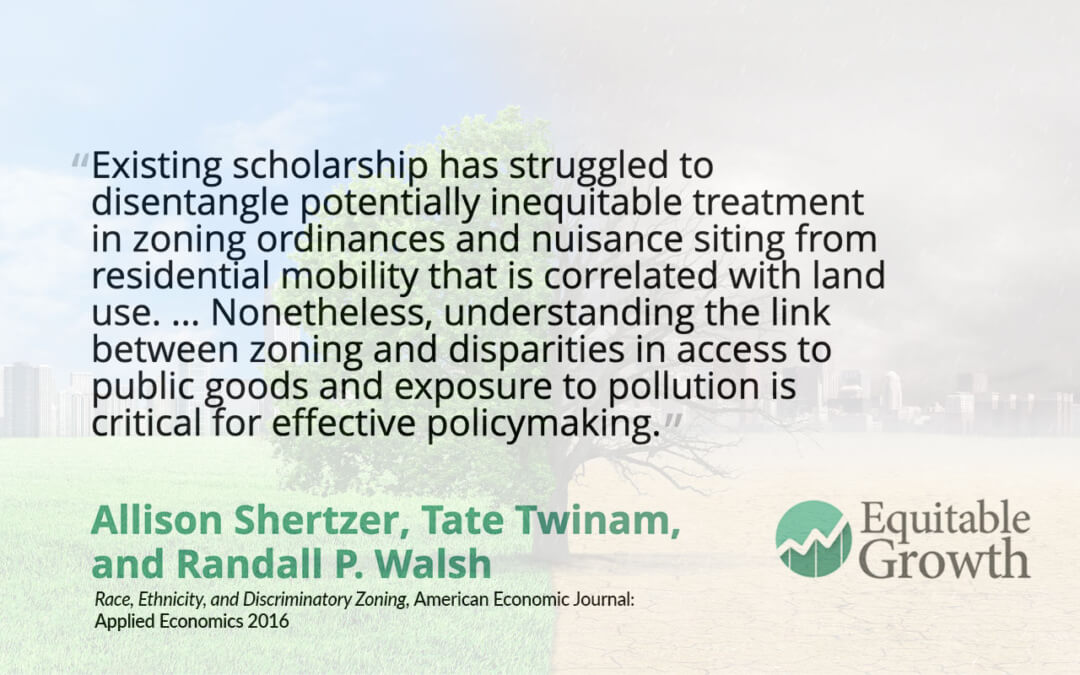
Equitable Growth is building a network of experts across disciplines and at various stages in their career who can exchange ideas and ensure that research on inequality and broadly shared growth is relevant, accessible, and informative to both the policymaking process and future research agendas. Explore the ways you can connect with our network or take advantage of the support we offer here.

